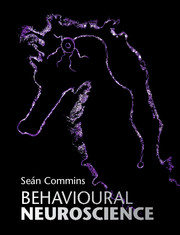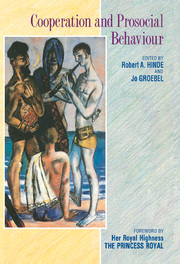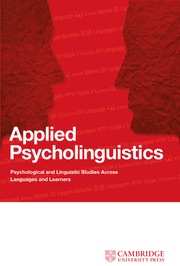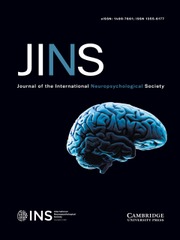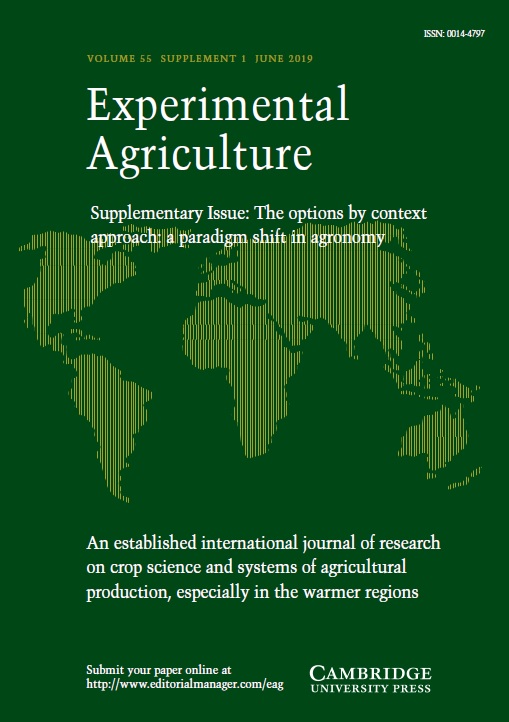Frustration Theory
We live in a world in which inconsistency is the rule rather than the exception and this is particularly true with regard to rewards and frustrations. In some cases, rewards and frustrative nonrewards appear to occur randomly for what seems to be the same behavior; in others a sequence of rewards is suddenly followed by nonrewards, or there are large rewards followed by small rewards. Sometimes we are rewarded for responding quickly, other times for responding slowly. The important common factor in these and other cases is frustration, how we learn about it and how we respond to it. Without our awareness, our long-term dispositions are shaped from infancy and early childhood by inconsistency of reward and by our reactions to discrepancy, and they are marked by changes in arousal, suppression, persistence and regression.
The explanatory domain of Frustration Theory includes an area of experimental research that has evolved over some forty years. Although most of the work is with animals, it constitutes an animal model of many of the myriad human manifestations of nonreward, thwarting of purpose, and reactions to physical and emotional insult that are regarded as frustrations.
This book, by the originator of the theory and the first book to be devoted solely to Frustration Theory, gives a detailed account of the theory and its ramifications and it examines the relationship between frustration symptoms and the limbic system that is thought to be the region of the brain responsible for generating these symptoms.
- The author is the originator of this theory
- Essential reading for students interested in learning and memory
Reviews & endorsements
"...provides us with a unique integrating survey of the 40-odd-year history of his learning-based theory of frustration, outlining the growth and diversification of the theory and the experimentation it has both attempted to explain in organized fashion and has subsequently evoked, and comparing it to competing theoretical approaches." Psychological Reports
"...modern behavior theories share three key features. First, they attempt to maintain a continuous pathway between stimulus inputs and response outputs. Second, they use associative principles to explain the acquired linkages within those pathways. Third, emotion and motivation play a crucial part in both learning and performance....Amsel's theory is a sophisticated implementation of all three key features of behavior theory....readers...will be rewarded with a rich and rigorous conception of learning and behavior that benefits from Amsel's vast efforts over the past 40 years." E. James Kehoe
"...particularly useful as it both summarises an extensive S-R associationist literature, and shows through simple S-R mechanisms how reward schedule, frustration, and punishment effects can account for the motivating and reinforcing effects of emotion produced by frustration. Amsel's work also points to neurophysiological mechanisms for the effects of early experience in establishing response dispositions associated with primary motivational systems...will reward those with an interest in frustration behaviour and in the effects of early experience on personality development and its pathology." Eric A. Salzen, Human Ethology Newsletter
"...a major contribution to psychology. The strength of Amsel's book is simply that it brings together a rich body of data and phenomena. In so doing, it details many fascinating experiments of basic and lasting importance....Amsel's book is stimulating because it shows how mature theory can guide psychological research. A few very simple assumptions are combined to yield a theory of surprising scope, inviting additional research to test how far these simple assumptions can be stretched." Mauricio R. Papini and H. Wayne Ludvigson, American Journal of Psychology
"...recognizes the importance of schedules of reinforcement for the study of learning, both as a test ground for theory and as a determinant of behavior." Phil Reed, Quarterly Journal of Experimental Psychology
Product details
April 2011Adobe eBook Reader
9780511868009
0 pages
0kg
68 b/w illus. 6 tables
This ISBN is for an eBook version which is distributed on our behalf by a third party.
Table of Contents
- Preface
- List of abbreviations
- 1. Introduction: reward-schedule effects and dispositional learning
- 2. Motivational and associative mechanisms of behavior
- 3. Frustration theory: an overview of its experimental basis
- 4. Survival, durability, and transfer of persistence
- 5. Discrimination learning and prediscrimination effects
- 6. Alternatives and additions to frustration theory
- 7. Ontogeny of dispositional learning and the reward-schedule effects
- 8. Toward a developmental psychobiology of dispositional learning and memory
- 9. Summing up: steps in the psychobiological study of related behavioral effects
- 10. Application to humans: a recapitulation and an addendum
- Appendix
- References
- Indexes.


